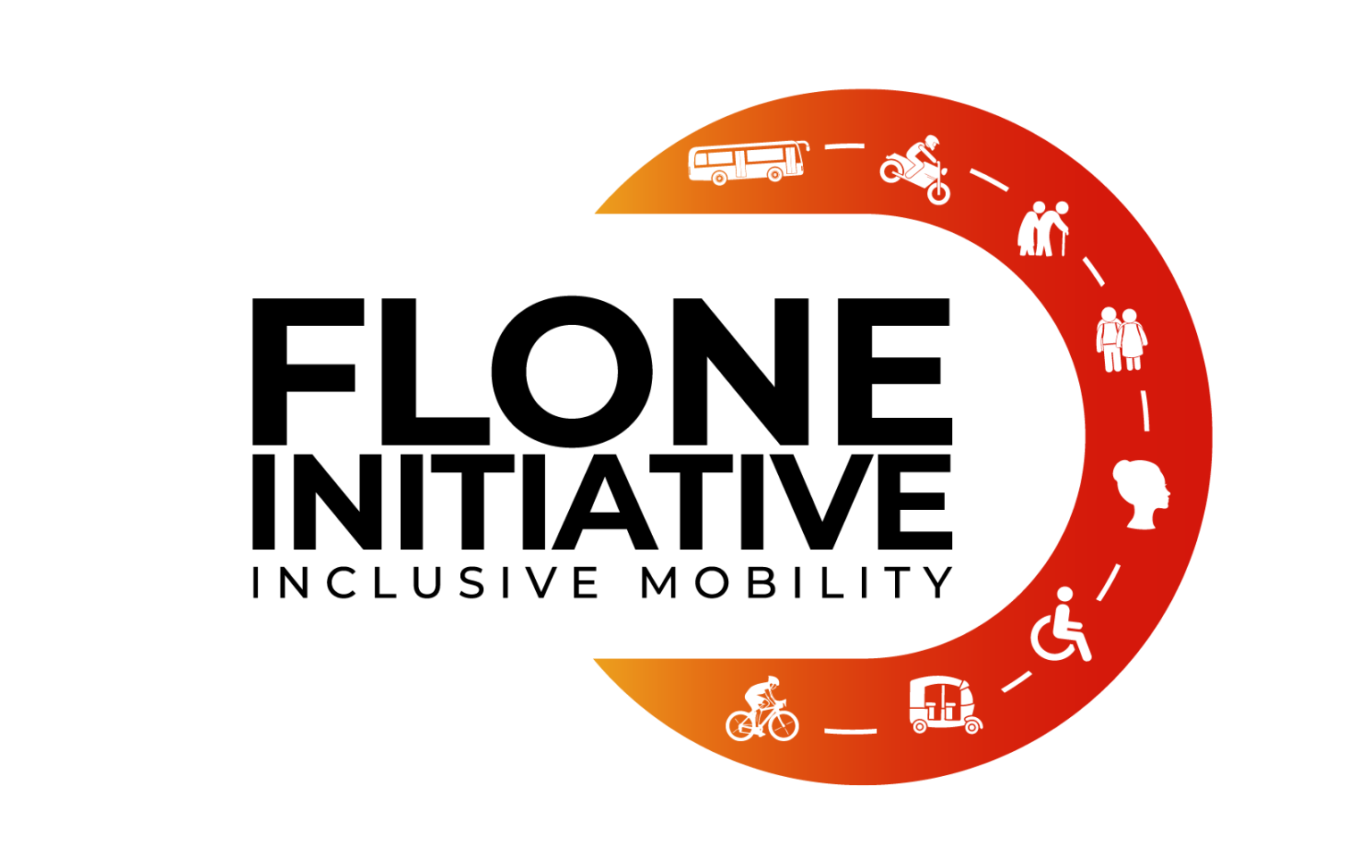Two- and three-wheeler vehicles In Nairobi; Support for the establishment of sustainable financing models to enhance women’s access
The two- and three-wheeler sector contributes two billion Kenyan shillings annually to the Kenyan economy (Motorcycle Assembly Association of Kenya, 2018). The transportation sector is vital to economic and social mobility in Kenya. Undoubtedly, transport is the prime communication link between all sectors of the economy and the people of Kenya and beyond its borders. The transport sector contributes immensely to the Kenyan economy, accounting for an average of 8.3% of the country’s GDP.
Two- and three-wheelers (commonly known as boda bodas and tuk-tuks) offer last-mile connectivity, flexibility, affordability, and convenience. However, women are often underrepresented as owners or operators in this sector, facing significant barriers to entry due to limited access to financing and cultural norms.
In line with the global push towards sustainable development, gender equality, and economic empowerment, innovative financing models need to be developed to enable more women to access and benefit from these transport modes.
In this vein, Flone Initiative seeks to explore, design, and pilot sustainable financing models specifically tailored to support women in Kenya who acquire and operate 2- & 3-wheeler vehicles. To obtain and understand key insights and current trends in the financing model for the ownership of transport assets, Flone has brought on board financial institutions, vehicle manufacturers and distributors, and women beneficiaries, including women who are owners of 2 & 3-wheelers and women who want to become 2 & 3-wheeler asset owners, women organizations, government agencies, and support organizations such as NGOs.
The objectives of this research study include:
- To explore, design, and scale sustainable financing models specifically tailored to support women acquiring and operating two and three-wheelers in Nairobi.
- To identify and evaluate existing financing models that have successfully enabled women’s access to and ownership of transportation assets.
- To design a gender-responsive financing framework addressing women’s barriers to acquiring two- and three-wheelers.
- To explore financing models in Nairobi to scale up based on success.
- To build partnerships with financial institutions, vehicle manufacturers, and women’s organizations to ensure the sustainability and scalability of the financing models.
- To assess the social and economic impact of increased women’s participation in the two- and three-wheeler sector.
By designing, exploring, and scaling sustainable financing models tailored to support women in Nairobi in acquiring and operating 2- & 3-wheelers, women can become operators or owners of these vehicles, contributing to their economic independence while addressing critical transport needs in their communities.
